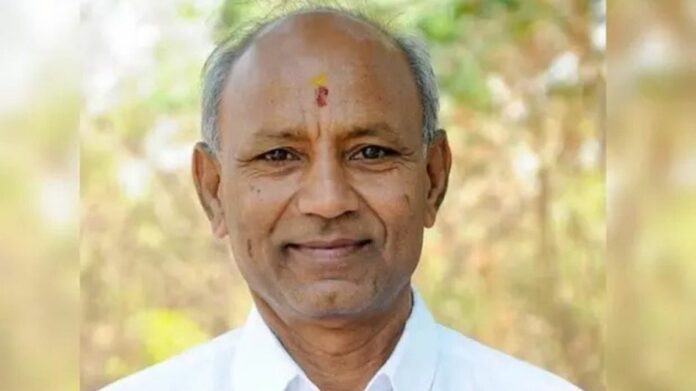Shillong: Meghalaya Governor Chandrashekhar H. Vijayashankar on Wednesday cautioned that monoculture practices could lead to ecological imbalances and underscored the critical role of biodiversity in ensuring both environmental and economic sustainability.
Speaking at the inaugural session of the 48th All India Botanical Conference and International Symposium on Biology and Biotechnology of Plant Diversity for Bioeconomy at North-Eastern Hill University (NEHU), Shillong, the Governor said that biodiversity forms the foundation of India’s bioresource wealth.
Highlighting Meghalaya’s vast bioresource potential, Vijayashankar pointed out that the state’s turmeric leads the nation with a curcumin content of 8.9 per cent, reflecting its strong prospects in the bioeconomy. He urged scientists and policymakers to promote sustainable agricultural practices that preserve genetic diversity while supporting local livelihoods.
The Governor also lauded NEHU’s contributions to advancing botanical research, urging the university to strengthen its role as a centre for scientific collaboration and innovation. Inviting delegates to explore Meghalaya’s rich natural heritage, he said the state represents a model for balancing ecological preservation with economic progress.
The three-day conference, held from October 29 to 31, marks the first-ever hosting of the Indian Botanical Society’s annual meet in the Northeast. The inaugural ceremony included lighting of the ceremonial lamp and felicitation of distinguished botanists from across India.
Prof. S.K. Barik, President of the Indian Botanical Society, hailed the event as a “historic milestone,” while NEHU Pro-Vice Chancellor Prof. Umdor and Society Secretary Prof. Seshu Lavania commended NEHU’s vibrant research ecosystem and contributions to botanical education.
Guest of Honour Prof. Anil Tripathi, Director of IISER Mohali, announced Meghalaya’s adoption of the CSIR Aroma Mission to promote aromatic crop-based livelihoods and called for a unified national syllabus in plant sciences. Padma Shri Prof. Sudhir Sopory highlighted UGC-led curriculum reforms and emphasised the importance of faculty recruitment to boost scientific research and education.
Over the next three days, the conference will feature scientific sessions, keynote lectures, and deliberations on plant diversity, biotechnology, and bioeconomy strategies, reaffirming NEHU’s status as a hub of botanical excellence and sustainable innovation.

